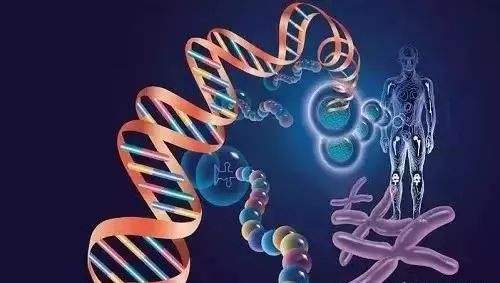This is clearly a pity in one important sense, for if you had individual genes that determined height or propensity to diabetes or to baldness or any other distinguishing trait, then it would be easy — comparatively easy anyway — to isolate and tinker with them. Unfortunately, thirty-five thousand genes functioning independently is not nearly enough to produce the kind of physical complexity that makes a satisfactory human being. Genes clearly therefore must cooperate.

A few disorders — hemophilia, Parkinson's disease, Huntington's disease, and cystic fibrosis, for example — are caused by lone dysfunctional genes, but as a rule disruptive genes are weeded out by natural selection long before they can become permanently troublesome to a species or population. For the most part our fate and comfort — and even our eye color — are determined not by individual genes but by complexes of genes working in alliance. That's why it is so hard to work out how it all fits together and why we won't be producing designer babies anytime soon.












